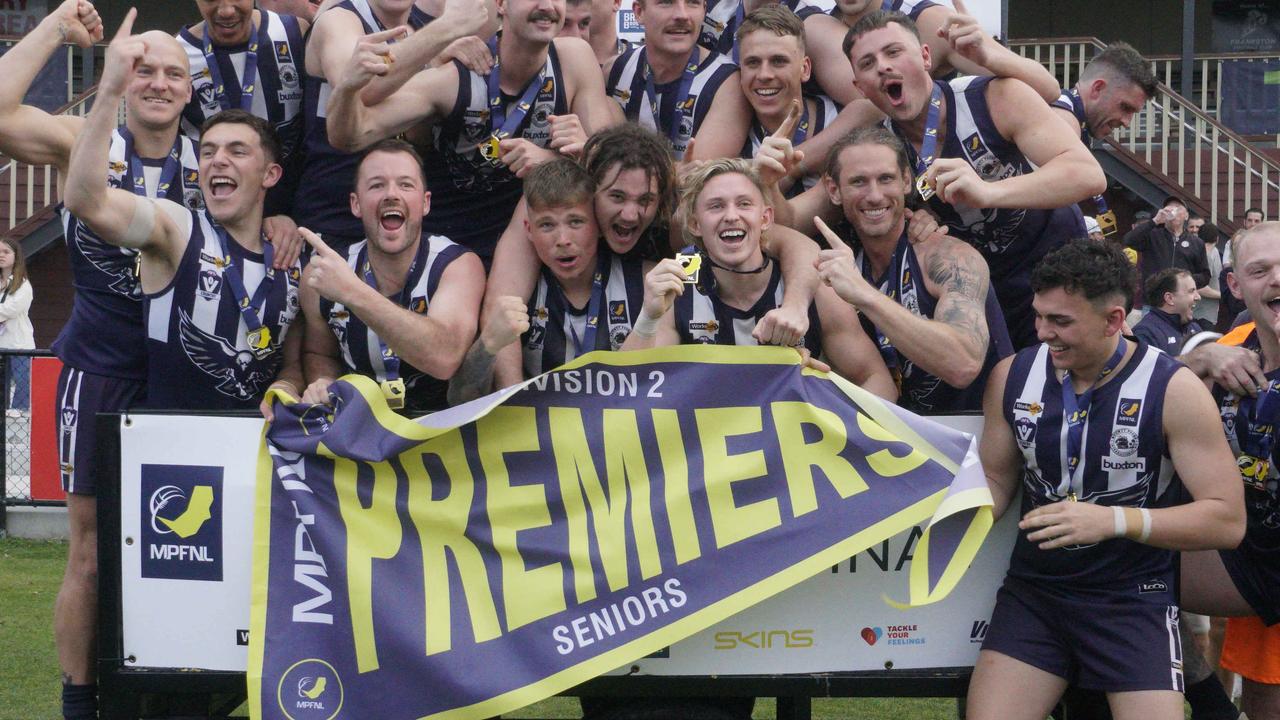World Thrombosis Day 2018: Dr Feelgood to be ambassador following near-death experience
She was a sex education trailblazer in the 90s but Dr Feelgood is setting her sights on a less sexy issue following her near-death experience earlier this year.
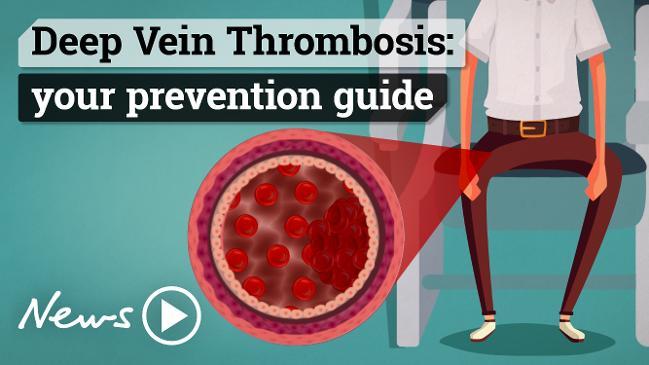
Inner South
Don't miss out on the headlines from Inner South . Followed categories will be added to My News.
IT WAS early morning of a Sunday in May this year and celebrity doctor Sally Cockburn was getting ready to begin a relaxing day in her Bayside home.
The GP, also known as Dr Feelgood, had just got up to feed her shih-tzu cavalier, Molly, when she began to feel “really strange”.
Dr Cockburn, a diabetic, felt light-headed and suffered a “rapid” shortness of breath, so she lay down on the floor.
HOW DR FEELGOOD'S DOG SAVED HER LIFE
MELBOURNE SCIENTISTS' NEW METHOD TO BUST BLOOD CLOTS
INSIDE THE ALFRED'S EMERGENCY DEPARTMENT
A short time later, Molly, whimpering, came over and frantically licked her mum’s face.
This was the first time Molly had ever done this and Dr Cockburn felt her loyal pup was trying to warn her about something.
“I did three things,” Dr Cockburn said.
“I found my phone and dialled triple-0, unlocked the front door for the paramedics and put some knickers on.
“It’s like your mother says: ‘if you’re going to die, put on a clean pair of underwear’.”
Dr Cockburn lay back down on the floor and waited.

She said her mind was “incredibly calm” while she waited for the ambulance.
“It was like when the brain releases endorphins moments before you drown, I had a feeling that’s what happened to me,” Dr Cockburn said.
Luckily for Dr Cockburn, the ambulance arrived “incredibly quickly” and she was rushed to The Alfred hospital.
Scans revealed Dr Cockburn had suffered a potentially fatal blood clot known as a pulmonary embolism.
The condition blocks blood supply to the lungs and makes it extremely difficult for the sufferer to breathe.
Dr Cockburn was transferred to intensive care, where she received treatment and, after a few days in hospital, was allowed to return home.
The 3AW Talking Health star and Herald Sun contributor is showing her gratitude by stepping up to be the 2018 World Thrombosis Day ambassador.
The day is this Saturday, October 13.
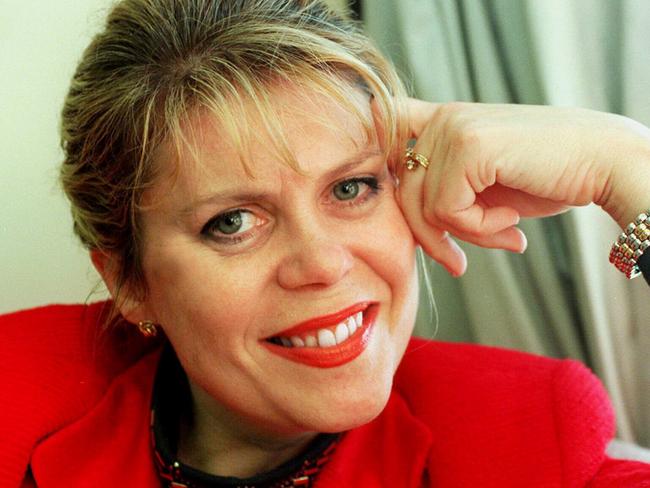
Dr Cockburn said her media profile — she shot to mega fame as the late night FM radio sex and wellbeing guru known as Dr Feelgood in the ’90s — coupled with her own experience made her the perfect candidate to be ambassador.
“There is a lot of misinformation out there now and I’m not calling myself an expert but I take my role seriously to ensure evidence-based information is delivered to the public,” Dr Cockburn said.
“My aim here is to raise awareness of thrombosis to educate as many people as I can about the dangers of blood clots.”
There are three types of thrombosis: deep vein thrombosis, pulmonary embolism and stroke.
These blood clot conditions kill more than 40 Australians a day, according to figures released by Bayer Medical in 2014.
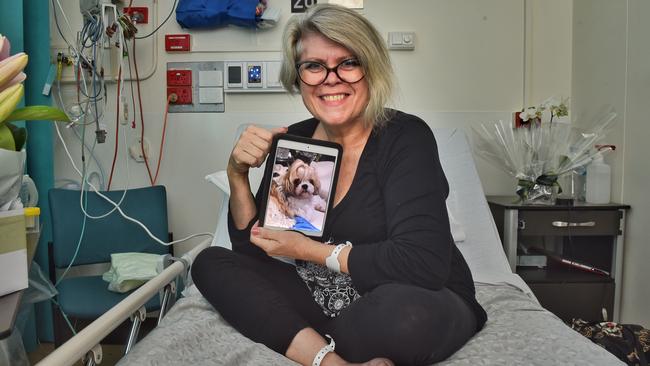
The same figures, endorsed by the Thrombosis and Haemostasis society of Australia and New Zealand (THANZ), revealed 90 per cent of Australians “remain ignorant of the significant dangers of blood clots” and do not consider them to be a “major threat to life”.
This is despite estimates that 14,000 Australians will develop DVT or a pulmonary embolism each year.
Alfred Heath haemostasis thrombosis unit head associate professor Huyen Tran — who is also a member of THANZ — is one of Australia’s foremost thrombosis experts.
It was his team who helped save Dr Cockburn’s life.
“Five thousand Australians die from pulmonary embolism each year but it doesn’t have to be that way,” associate professor Tran said.
“The most important thing we want to get across is that blood clot deaths are preventable, so we’re very lucky to have someone like Sally on board.
“She is the perfect candidate to be ambassador because she’s passionate and there’s no stopping her when she gets her teeth stuck into something,” he said.

Dr Cockburn agreed she needed to “step up to the plate” to give thrombosis awareness a “kick start”.
“People who know me from my Dr Feelgood days know I usually take on taboo subjects nobody else will touch, so I guess my pulmonary embolism experience was perfectly timed,” she said.
“Put it this way, thrombosis isn’t sexy, but it’s highly important the public knows all about it.”
Dr Cockburn likened the lack of awareness and understanding to the early days of smoking, skin cancer and even the road toll
“Back in my day you never slip, slop, slapped when you went to the beach because no one knew about the dangers of skin cancer,” she said.
“Everyone knew about people dying on the roads but no one knew the measures which could be taken to reduce the risk.
“I think thrombosis is at that stage now, a few people might have heard about it but hardly anyone knows what the warnings signs are or what you can do to prevent it.”
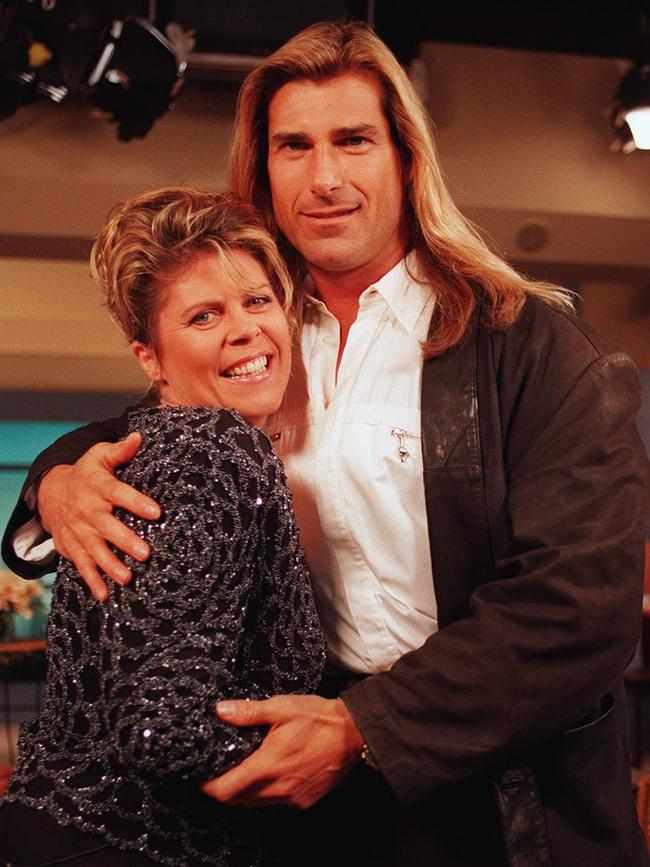
She said there was a major reason for this.
“When you get thrombosis you either get treated or you die but there are actually a few things you can do to reduce the risk,” Dr Cockburn said.
“Be aware of the symptoms, speak to your family and find out if there is a history of blood clots.
“Ad if you’re unsure don’t be afraid to go to the doctor.
“Also be aware of the causes, you’re not going to get it on a flight to Sydney, but long-haul flights aren’t the only cause, people who been bedridden or had broken legs in casts for a long time are high risk.
“One of the easiest preventions is to be active, move around a bit if you can.”
Dr Cockburn, who recently celebrated her 60th birthday, said the most important thing she wanted to get across was simply to “enjoy life”.

“I’m very lucky to be alive and still able to fight the good fight,” she said.
“I’ve been renovating my home and I was sitting on the couch the other day looking at my half-finished house thinking: ‘I don’t want to die, I have so much more to do’.
“Don’t take life for granted, don’t worry about things that haven’t happened and if you can, go for a walk along the foreshore.”
For more information on thrombosis, including causes, symptoms and preventions go to: worldthrombosisday.org
MORE NEWS:

